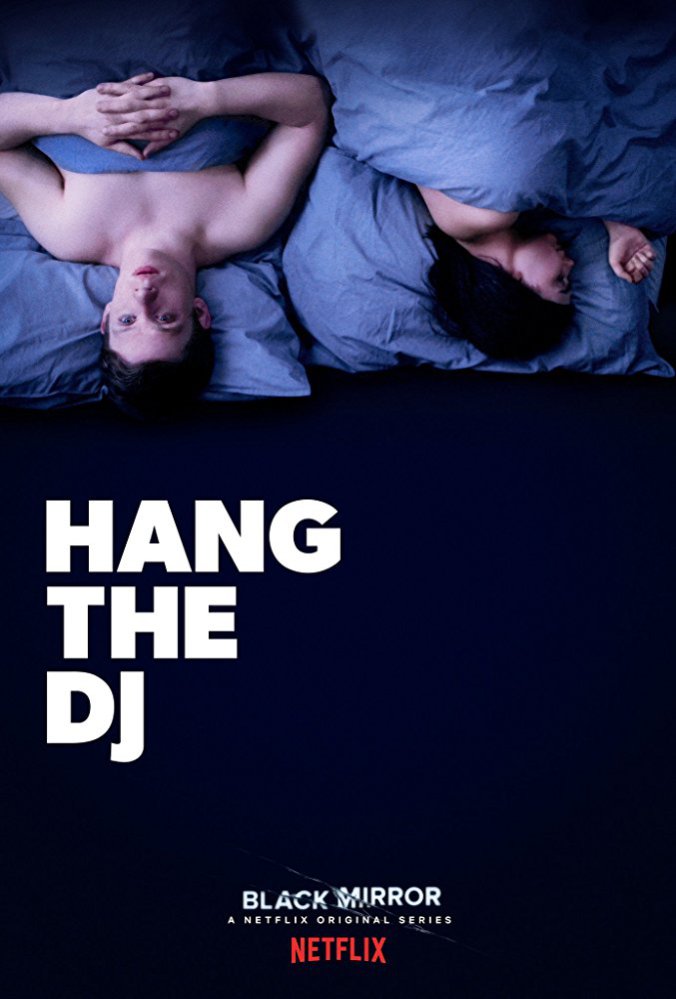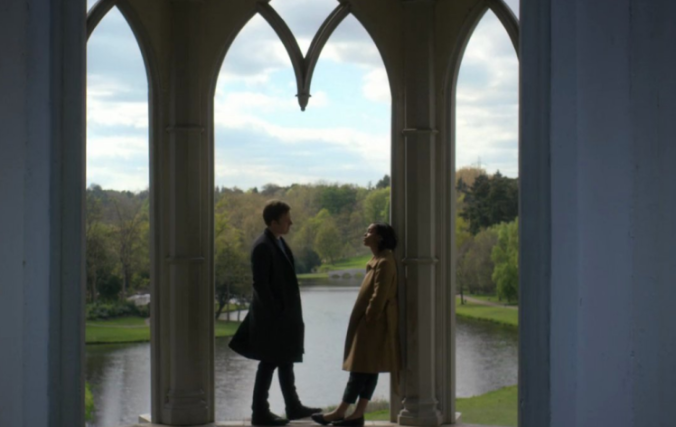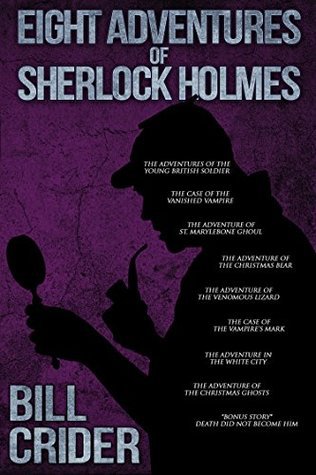You may have noticed that it’s been a little while since my last Black Mirror review. That’s because I operate under the wisdom of, ‘if you don’t have anything nice to say, don’t say anything at all,’ and unfortunately I have very little that’s nice to say about Hang The DJ.
That said, it’s not a bad episode, but it doesn’t have any of the traits, such as great acting, amazing visuals or profound storytelling, that make other Black Mirror episodes so compelling.

Plot Summary
Amy and Frank meet on their respective first dates using a new dating app that instructs them and forms their day-to-day lives. The app claims to be 99.8% successful in its eventual matches and tells the participants how much time they have with each partner.
All of the characters live within a walled society that seems to revolve solely around the app and failure to comply with it results in banishment.
Amy and Frank only have 12 hours together before moving on, despite hitting it off and having a fair amount of chemistry together. Their following relationships are much longer, nine months and a year respectively, and with people that they don’t particularly get on with.
After a while, both become disillusioned and worn down by the futility of the relationships that they endure through the app, but are happy when they are paired together for a second time.
They initially agree not to check how long they will be together, but Frank caves in and looks in secret. The initial timescale of five years is reduced to a matter of hours as a result and Amy and Frank fall out as a result.
Some time later, both are told that they have been found their perfect match and that they can spend their last night with a person of their choice before the end. They choose each other and decide to elope together, climbing the compound wall.

Review
A Black Mirror rom-com was a good idea on paper, with a more cynical and darker take on the humour, but its actualisation falls down on several points.
Firstly, the main characters aren’t particularly compelling. Neither character is particularly grating, but they’re both a bit boring and don’t have the chemistry the episode wants us to think that they have.
Secondly, the concept of a computer simulation that goes through all of the unpleasantness of the dating game for you is a good one, but it isn’t used nearly as well as it could have been. The resolution (that I will go into greater detail with later) that everything was a simulation was a bit unsatisfactory and seemed to suggest that technology will solve all of the problems.
I don’t dislike the ending for this precise reason, I have no problem with Charlie Brooker showing a faint ray of optimism in the slightest! No, the issue here is that, there’s no questioning of the ethics behind such an advancement, no exploration of it, other than that it works.
This episode is the San Junipero of this season, or at least it tries to be. San Junipero worked because you went on a journey with the characters, and the happy ending worked because it felt deserved and required a certain amount of bravery from the characters in the story to achieve it.
Here, though, the ending just tries to tie the episode up in a neat bow and ends on what is almost a pun, and it doesn’t hold up to much scrutiny, nor feels deserved.

Analysis
This episode comes across as a feel-good version of Abre Los Ojos (1998). The central question of the episode is, ‘what if a computer could simulate relationships?’
During the episode, before the final reveal, both Amy and Frank ponder the workings of the app. Amy says that it puts you through enough horrible relationships that it grinds you down into a state of acceptance, so that you stay with your final match to get away from the relentless and exhausting dating life.
Frank wonders if they, themselves are part of a simulation and suggests that perhaps they become altered a little. Around the same time, Amy notices that every time she skips a pebble over water, it always bounces four times before sinking, again nodding to the fact that they are in a simulation.
After they reject the reality that they’re in and escape over the wall, they find that they are indeed in a simulation – one that has been run a thousand times and in 998 cases, Amy and Frank have rebelled together, leading the simulation to be complete with 99.8% accuracy and matching Amy and Frank in the real world.
The question in the air at this point is whether this model is better than the traditional numbers-game approach to dating, but the episode never answers it.
As we see in the simulation, going through many different relationships causes the characters to re-evaluate what they want from romance and reinforces their own relationship, but as the real-world counterparts never go through this, would the relationship work?
Furthermore, the episode suggests that the couple can come back to their relationship after a long time apart, and haven’t moved on from each other, which is perhaps an unhealthy way to think about love.
Amy and Frank go through very different circumstances as well – Frank gets tied down to a long relationship with someone he resents while Amy is paired with a string of short-term lovers, becoming jaded. If the situations had been reversed, would the simulation have worked?
Then, of course, there’s the question of the ethics involving such complex artificial intelligence. If we assume that everyone who uses that app has their DNA encoded into the simulation so that their digital selves can act exactly like their real-world counterparts, then do we assume that the code is sentient, like we’re encouraged to in White Christmas or USS Callister?
If so, then is it right to subject sentient code to all of the emotional trauma surrounding relationships so that real-humans can avoid it?
Also, despite the complexity of the simulation, there isn’t much exploration into whether a relationship between Amy and Frank would work, just that they’re more attracted to each other than they are to anyone else in the system.
Elon Musk has famously said that if we can simulate a universe in that kind of detail, then it’s likely that we, ourselves have already been simulated. Therefore, couldn’t the next step of an actual relationship between Amy and Frank be part of the simulation too?
There are many questions surrounding the concept of this episode that can take it apart, and make for interesting side-episodes of their own. With this in mind, it’s a shame that an idea with such potential was ultimately wasted on an otherwise run-of-the-mill romantic comedy about two unexceptional individuals.
Advertisements Share this:





